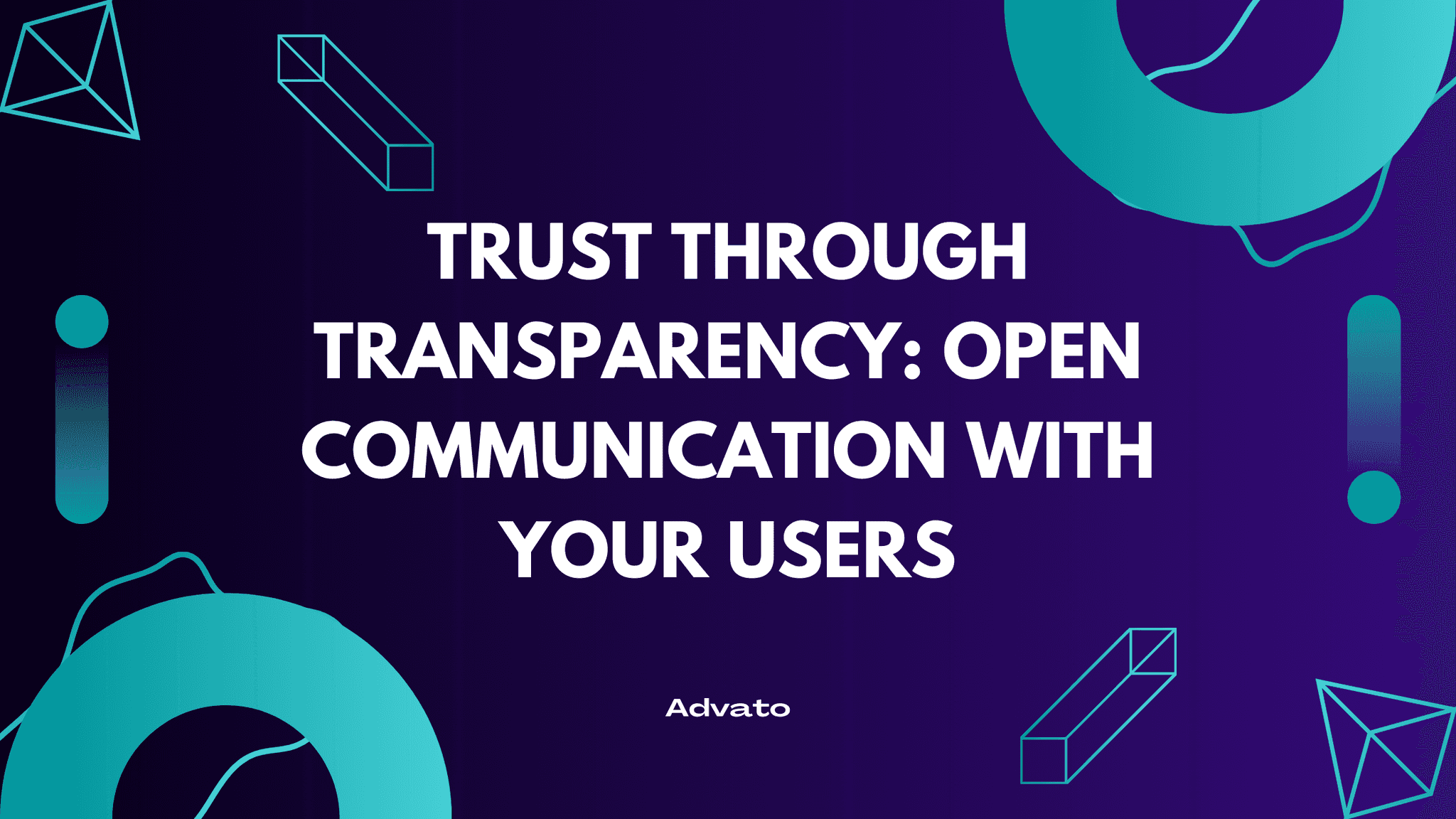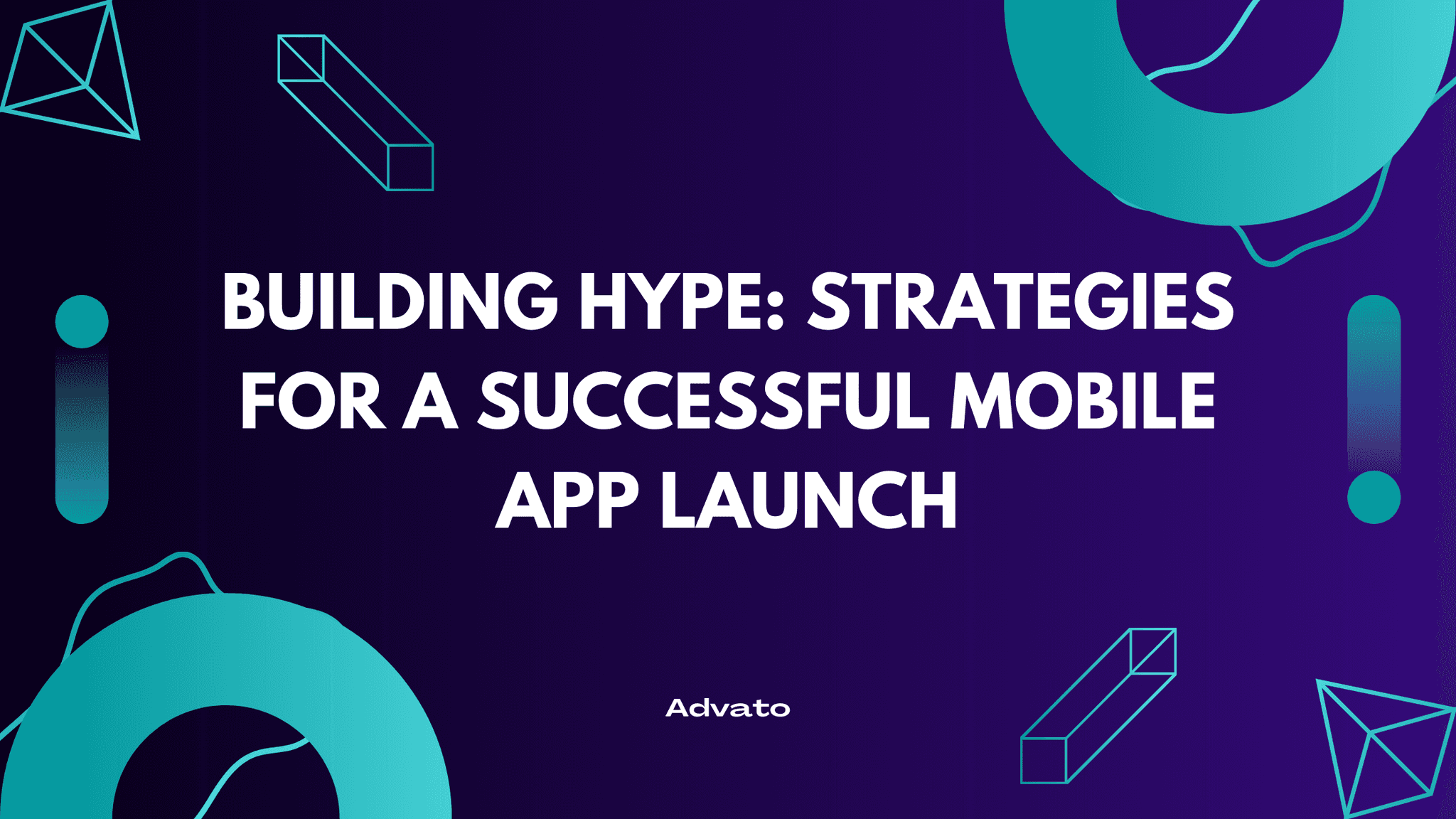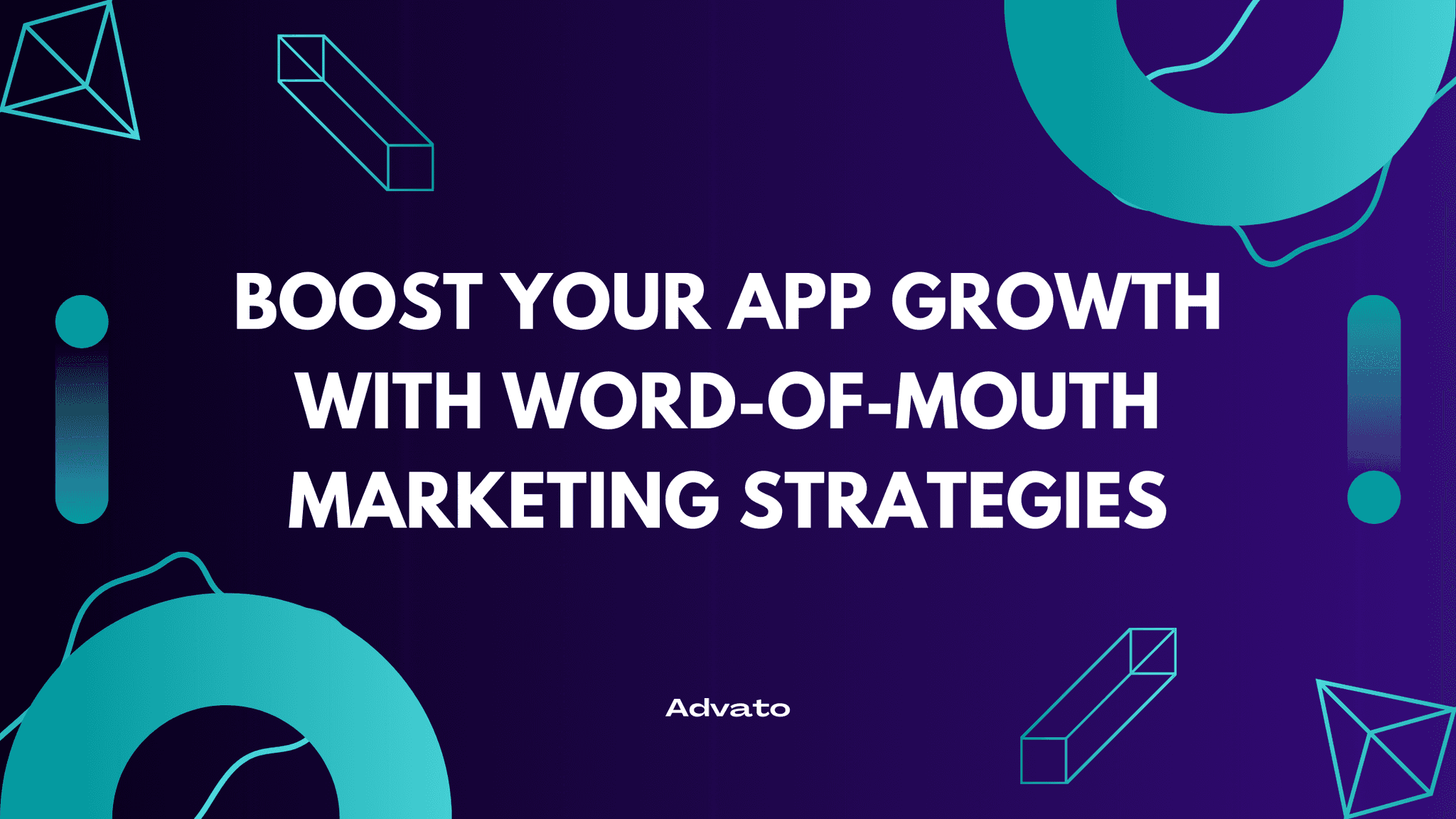Oct 9, 2024
One powerful way to stand out from the crowd is by using the voices of your satisfied users through user stories and testimonials. These authentic experiences can significantly boost your app marketing efforts, driving downloads and user engagement. Let's explore how you can effectively leverage user stories and testimonials to take your app marketing to the next level.
The Power of Social Proof
Human nature often leads us to look to others for guidance when making decisions. This psychological phenomenon, known as social proof, plays a crucial role in app marketing. When potential users see others enjoying and benefiting from your app, they're more likely to give it a try themselves.
User stories and testimonials provide this social proof in a compelling, relatable format. They offer real-world examples of how your app solves problems or enhances lives, making your marketing messages more credible and persuasive.
Collecting Impactful User Stories and Testimonials
To leverage user stories and testimonials effectively, you need to gather high-quality content from your users. Here are some strategies to collect impactful testimonials:
1. In-App Feedback Prompts
Integrate feedback requests directly into your app's user experience. Trigger these prompts at key moments, such as after a user completes a significant action or achieves a goal within the app. This timing increases the likelihood of capturing positive experiences when they're fresh in the user's mind.
2. Email Campaigns
Reach out to your user base through targeted email campaigns. Segment your audience to focus on long-term, engaged users who are more likely to have meaningful stories to share. Personalize these emails to increase response rates.
3. Social Media Outreach
Monitor your social media channels for positive mentions and engage with users who share their experiences. Ask if they'd be willing to elaborate on their story for use in your marketing materials.
4. Incentivized Referral Programs
Implementing a referral program can not only help you acquire new users but also generate testimonials. Users who refer others are likely to have positive experiences worth sharing. This is where Advato can be incredibly valuable. Advato helps app developers and marketers grow their mobile apps through referrals, making it easy to implement and manage referral programs. By using Advato, you can encourage satisfied users to share their stories while simultaneously growing your user base.
5. User Surveys
Conduct regular surveys to gather feedback and identify users with compelling stories. Include open-ended questions that allow users to describe their experiences in detail.
Crafting Compelling User Stories
Once you've collected raw testimonials and feedback, it's time to shape them into compelling user stories. Here's how to make them resonate:
1. Focus on Transformation
Highlight the before-and-after aspect of the user's experience. What problem did they face, and how did your app solve it? This narrative structure helps potential users envision how your app could improve their own lives.
2. Be Specific and Authentic
Include concrete details and metrics when possible. Instead of vague praise, showcase specific benefits or achievements. For example, "I saved 3 hours a week on task management" is more impactful than "The app saved me time."
3. Keep It Concise
While details are important, attention spans are short. Aim for testimonials that are brief yet impactful. A few sentences or a short paragraph is often sufficient to convey the key message.
4. Include Diverse Perspectives
Feature stories from a variety of user demographics and use cases. This helps a wider range of potential users see themselves reflected in your testimonials.
5. Use Multimedia
Where possible, incorporate photos or short videos of your users sharing their stories. Visual content can be more engaging and shareable than text alone.
Integrating User Stories into Your Marketing Strategy
With a collection of powerful user stories and testimonials, it's time to put them to work in your app marketing efforts. Here are effective ways to integrate them:
1. App Store Optimization (ASO)
Incorporate user testimonials into your app store listings. Use short, impactful quotes in your app description and feature longer testimonials in your app's images or video preview.
2. Website and Landing Pages
Dedicate a section of your website to user stories. Create an engaging layout that showcases testimonials and makes it easy for visitors to find relatable experiences.
3. Social Media Campaigns
Share user stories across your social media platforms. Create visually appealing graphics that combine user photos with their testimonials for increased engagement.
4. Email Marketing
Include user testimonials in your email campaigns. Use them to reinforce the value proposition of your app and encourage recipients to give it a try.
5. Content Marketing
Develop blog posts or case studies that dive deep into user success stories. These longer-form pieces can provide detailed insights into how your app solves real-world problems.
6. Paid Advertising
Incorporate user testimonials into your ad copy and creative for paid campaigns. Ads featuring real user experiences often outperform those with generic marketing messages.
Maximizing Impact with Advato
While collecting and leveraging user stories is crucial, it's equally important to continually grow your user base to generate new testimonials and expand your app's reach. This is where Advato comes into play. As the easiest way to implement and grow referral programs in mobile apps, Advato can help you:
Acquire Users at Lower Costs: By encouraging satisfied users to refer others, you can significantly reduce your customer acquisition costs.
Attract Higher Quality Users: Referred users often have higher retention rates and lifetime values, as they come with a built-in trust factor.
Streamline the Referral Process: Advato's user-friendly interface makes it simple for your users to share your app with their networks, increasing the likelihood of organic growth.
Generate More User Stories: As your user base grows through referrals, you'll have a larger pool of potential testimonials to draw from, creating a virtuous cycle of growth and social proof.
By integrating Advato into your app marketing strategy, you can create a powerful engine for growth that complements your use of user stories and testimonials.
Measuring the Impact of User Stories
To ensure your user stories and testimonials are effectively boosting your app marketing efforts, it's important to measure their impact. Here are some key metrics to track:
Conversion Rates: Compare the performance of marketing materials with and without user testimonials.
Engagement Metrics: Monitor likes, shares, and comments on social media posts featuring user stories.
App Store Ratings and Reviews: Track changes in your app's rating and the sentiment of reviews after incorporating user testimonials in your ASO efforts.
User Acquisition Costs: Measure any reductions in acquisition costs that may be attributed to the use of testimonials in your marketing.
Referral Traffic: Use analytics tools to track how much traffic and how many downloads come from pages featuring user stories.
Conclusion
User stories and testimonials are powerful tools in your app marketing arsenal. By effectively collecting, crafting, and integrating these authentic user experiences into your marketing strategy, you can significantly enhance your app's appeal and credibility.
Remember, the key is to showcase genuine, relatable experiences that resonate with your target audience. Combined with Advato for referral marketing, user stories can create a strong foundation for sustainable app growth.


